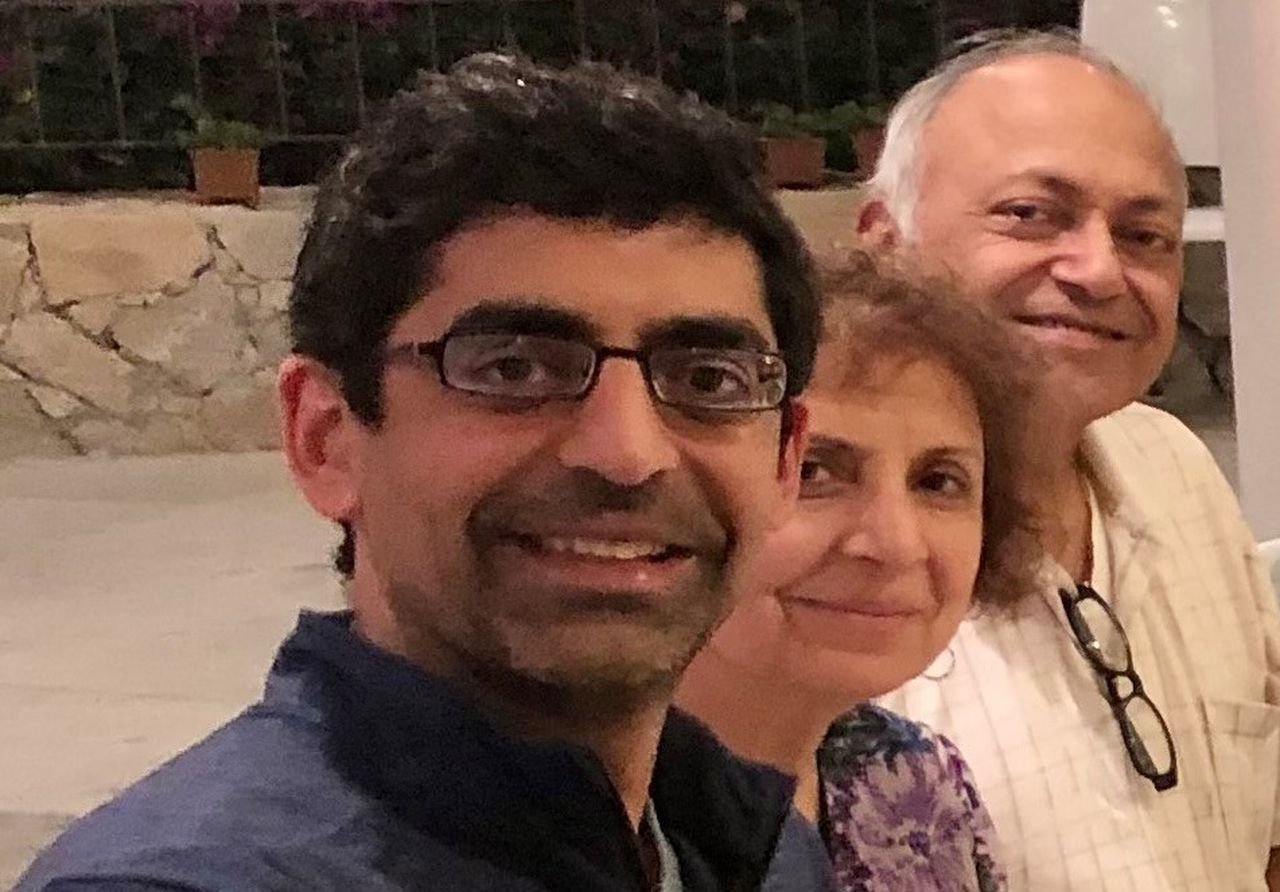Alabama family, Rhodes scholar, found American Dream. And then this happened
This is an opinion column.
Let me start with a young man attaining his dreams.
Neel Varshney was born in Huntsville to Indian immigrants. He grew up there, a part of the community. He embraced American culture, went to UAB and on to Harvard and MIT, and in 2000 found himself in Atlanta, where he would hear the announcement that would change his life.
He had won a Rhodes Scholarship. He had become the first UAB student ever to receive such an honor.
Varshney was giddy and proud as he drove home to Huntsville. He stopped in a small town to grab a bite, and gravity quickly brought him to earth.
“As I was walking into the restaurant this guy walks by me and says – I’m like on top of the world, you know – he says ‘How are you doing you monkey-looking mother !@#$er?’”
Damn.
He was the best Alabama colleges had to offer. But he wasn’t good enough for some halfwit. Because he looked – to that guy – like he wasn’t from around there.
“It was like one of my peak emotional moments and it just went down so quickly,” he said. “I only share that because those are the kinds of things we had to deal with growing up.”
Imagine the consequences in a state and region and nation that too often instantly judges people on color or ethnicity or age or religion or nationality or difference, rather than accomplishment or character or the commonality of humanity.
It happens so often we don’t see it, or don’t want to see it. But it leaves a mark.
Varshney told himself he could handle it. He was American. He was born in this country. And he did. It has been almost a quarter century, and he has gone on to great success in medicine and finance.
But it all flooded back when he saw what happened to his father, Anil Varshney. The cycle repeats.
The elder Varshney, a 78-year-old engineer, was the epitome of the American dream before he was summarily fired last year from his job at Huntsville missile defense contractor Parsons Corporation.
You may have heard about that firing, and the lawsuit it spawned.
Anil Varshney says he stepped into a conference room to take a two-minute video call from his dying brother-in-law in India. They spoke briefly, for the final time, in Hindi.
The brother-in-law would die a few weeks later.
And Varshney was fired. As a security risk.
“He was on the deathbed,” Anil Varshney said last week. “He knew it. Everybody knew it. He just wanted to say a final goodbye to me, so that’s what this call was about.”
Parsons stands by its decision, and has said in a statement that Varshney’s video call violated company government policy.
It is difficult to know with certainty the facts in any employment case. I suppose the lawsuit will settle that.
But I am struck by issues bigger than this suit. This man came to America from India in the 1960s to make a better life for his family, and did just that. He raised that Rhodes scholar and other successful children. He hoped to work forever and dreamed of dying at his desk. He found joy rising each morning to iron his shirt for work. He is a man who takes pride in himself, his family, and in the country he has called his own for half a century.
“I love this country,” he said last week. He went on and on about it, how Americans are more honest and less corrupt, how he defends America to those who complain about it. How work and practice make anything possible.
And I am struck – forget the lawsuit, but on general principles – how this man loves a place that has been good for him, but has not always been good to him. How even as the epitome of the American dream, he too often found himself as something other because he looked or sounded different.
The lawsuit details a series of acts of discrimination against the elder Varshney. He says he was routinely referred to as “The Thing,” by other employees, that co-workers refused to speak directly to him, and spoke of him as if he were not there.
“It feels like no matter how much you’ve given to this country and the state and the community, it feels like you’re just not American enough,” Neel Varshney said. “You know what I mean? You’re the ‘other,’ and there are different ways you can be made to feel like you’re the ‘other.’”
I know what you mean. It’s not even about the lawsuit. It’s about us.
These things, like the younger Varshneys experienced 23 years ago, are symptoms of our contagion, a cancer that eats the promise of America.
The melting pot. The promised land. The land of opportunity.
That’s the real dream.
John Archibald is a two-time Pulitzer winner at AL.com.
